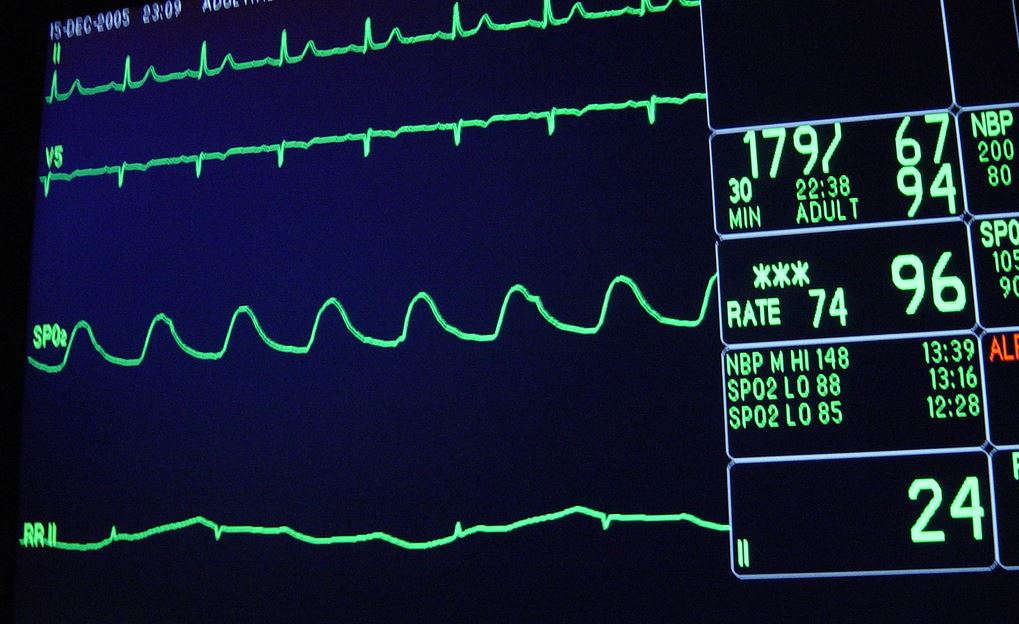Percutaneously reducing secondary mitral regurgitation appears futile when tested in all heart failure patients, according to research presented in a Hot Line Session at ESC Congress 2018 and published in the New England Journal of Medicine.
European guidelines state that percutaneous edge-to-edge repair may be considered in patients with secondary mitral regurgitation and heart failure considered high risk for open heart surgery. The intervention involves inserting one or more clips through the femoral vein then attaching the two mitral valve leaflets together so that they close more effectively.
“We show for the first time that despite reducing secondary mitral regurgitation, percutaneous repair of the mitral valve does not improve survival or symptoms, or reduce heart failure hospitalisations compared to standard medical treatment alone,” says Professor Jean-Francois Obadia, principal investigator, Civil Hospices of Lyon, France. “This strongly suggests that this procedure is futile in patients with heart failure and secondary mitral regurgitation.”
Around 2 percent of adults in developed countries have heart failure, rising to more than 10 percent of people over 70 years of age. Typical symptoms include breathlessness, ankle swelling, and fatigue, caused by the heart’s inability to pump enough blood out of the left ventricle to meets the body’s needs.
In the advanced stages of heart failure the left ventricle dilates, causing the mitral valve to close insufficiently and incorrectly allow blood to leak back into the left atrium (called mitral regurgitation). It is labelled “secondary” because the mitral valve is structurally normal, but does not work properly due to a dilated left ventricle. Although associated with a worse prognosis, there is no evidence that reducing secondary mitral regurgitation improves survival.

(Image credit: via Flickr)
The MITRA.fr study examined whether this procedure could reduce the rate of all-cause death or unscheduled hospitalisation for heart failure over 12 months compared to optimal medical treatment alone.
A total of 304 patients with symptomatic heart failure, poor left ventricular function (left ventricular ejection fraction 15-40 percent), and severe secondary mitral regurgitation were enrolled from 37 hospitals in France. Patients received optimal medical treatment with an angiotensin-converting enzyme inhibitor (if not tolerated, an angiotensin receptor blocker was substituted), a beta-blocker, a mineralocorticoid receptor antagonist, and a diuretic.
Patients were then randomly assigned to undergo percutaneous mitral valve repair or no intervention (control group). Patients were followed-up for 12 months.
More than 90 percent of procedures were performed successfully and there were no significant safety concerns. Mitral regurgitation was substantially reduced in patients who underwent the procedure compared to those who received medical therapy alone. Nevertheless, there was no statistically significant difference in the primary endpoint of death and unscheduled heart failure rehospitalisation at 12 months, which occurred in 55 percent of patients receiving the intervention and 52 percent of patients treated with medical therapy alone (p=0.53).
“The reduction in mitral regurgitation that was achieved with the intervention did not translate into a clinical benefit in patients with heart failure,” says Obadia. “There is therefore no reason to perform this procedure in all patients with heart failure and secondary mitral regurgitation. Other randomized trials could examine whether there are subgroups that might be more suitable candidates.”




